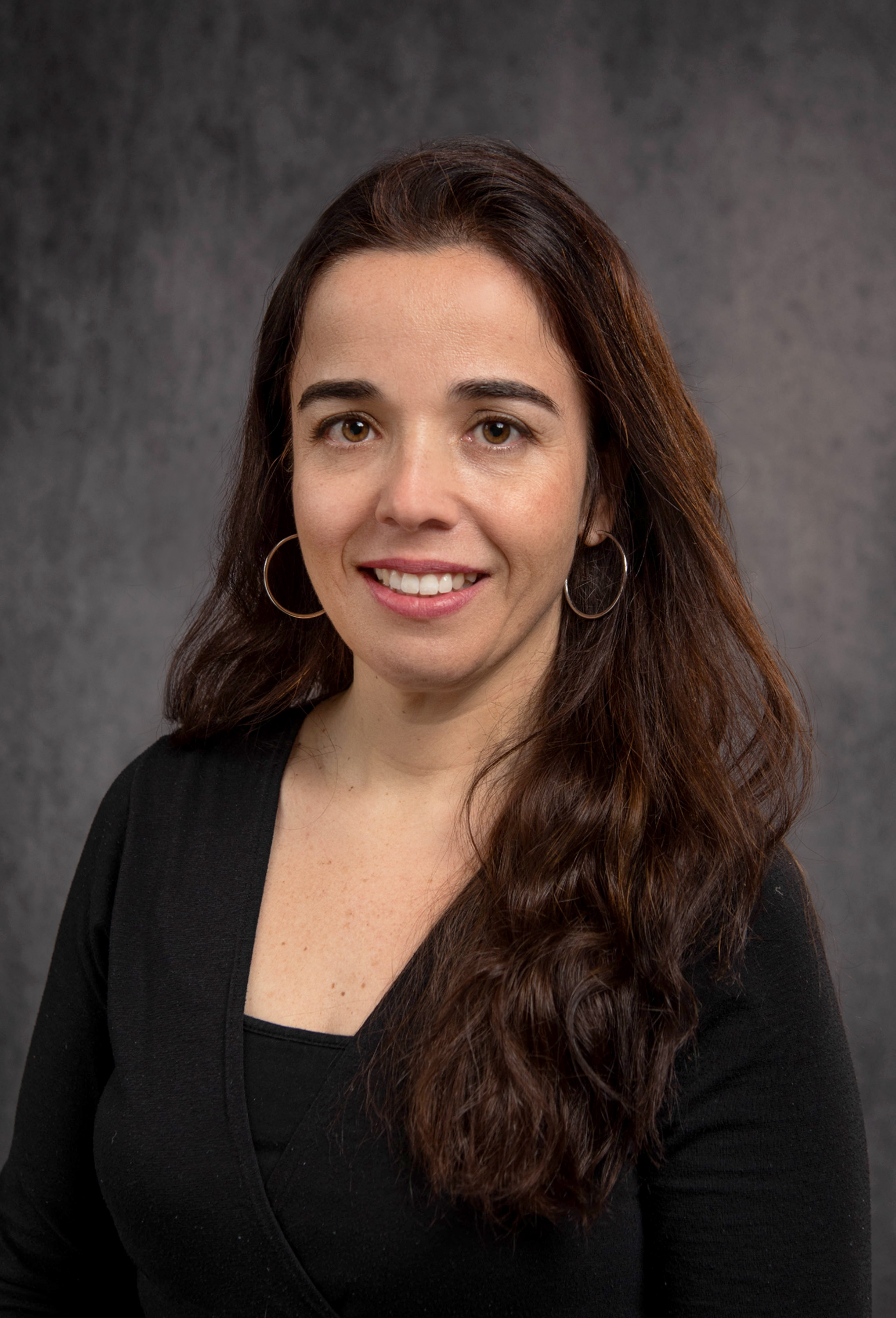
I have been innovating teaching, content, and assessments in large-scale classes such as Numerical Methods, Introduction to Python, Linear Algebra,Solid Mechanics and Statics. I am very passionate about teaching and improving the classroom experience for both students and instructors. My research explores the development and application of educational technologies to enhance computer-based assessments and centralized computer-based testing centers. This includes leveraging Large Language Models (LLMs) to automate the grading of short-answer questions and to design robust, randomized question generators that support innovative and scalable assessment practices.
Biography:
Mariana Silva is a Teaching Associate Professor in the Siebel School of Computing and Data Science at the University of Illinois Urbana-Champaign and co-founder and CEO of PrairieLearn Inc., a company dedicated to empowering instructors with tools to enhance teaching workflows without compromising educational quality. Before joining CS@Illinois in 2017, she was a lecturer in the Department of Mechanical Science and Engineering at the same university for five years.
Silva holds a Bachelor’s and a Master’s degree in mechanical engineering from the Federal University of Rio de Janeiro, Brazil, and earned a PhD in Theoretical and Applied Mechanics from the University of Illinois in 2009. Her doctoral research focused on the theory, computation, and design optimization of systems governed by partial differential equations, addressing challenges in structural topology optimization, material design, energy mitigation, fracture mechanics, and robust optimization.
Silva has extensive experience in course development across engineering, computer science, and mathematics and is passionate about advancing teaching innovations that benefit students and instructors alike. She is an expert in the development and application of computer-based tools for teaching and learning in large STEM university courses. Her current research investigates the use of educational technologies to enhance computer-based assessments and centralized computer-based testing centers. This includes leveraging Large Language Models (LLMs) for automated short-answer grading and the creation of robust, randomized question generators to improve equity, accessibility, and scalability in teaching, learning and testing practices.